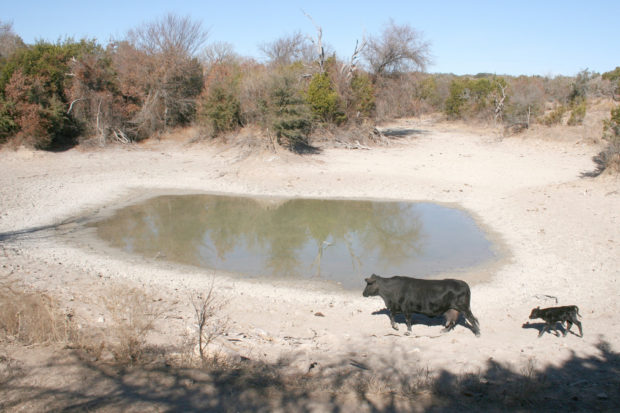
By Ruth Gadebusch
Growing up as I did on a Georgia farm, I have always been somewhat aware of the environment, the word not often heard. We were dependent on the weather that all too often seemed to be “feast or famine.” Though even in bad years rainfall was much heavier than in the arid West. Ensconced in the middle class we were better off than those who labored in our fields or had other chores on the farm that generally had a few chickens, several cows and pigs—if not for market, enough to feed the family. Electricity was to come in 1938 with Roosevelt’s Rural Electric Administration (REA).
My father was heavily involved in bringing the REA to our area, as well as Bell Telephone in later years. Suffering gravely from the Depression that brought Roosevelt to office, the South was solidly Democrat despite the dislike of Eleanor Roosevelt for her advocacy of social issues, which were mostly racial. There are stories to be told regarding this, but let us stick to the environment at this point.
Electricity brought pumps that provided water for indoor plumbing, albeit minimal. Even so, one used a whole lot more water turning on a faucet than drawing it up by the bucket requiring wells to be enlarged. It was years before irrigation became available. My father was near apoplectic when thinking of the water projects serving the West with “his tax money,” allowing competition damaging to Southern farmers. Failed attempts to diversify with livestock required selling at rock bottom prices in dry years.
Boosting the environment was the push to convince farmers to plow concentrically instead of straight up and down the red clay hills, allowing topsoil to disappear into wide gullies created by heavy rainstorms. At least we were spared the dust storms of the Midwest known by tales of devastation leading to abandoning the land.
Under these conditions, one could hardly avoid being aware of Mother Nature and the human effect. Without doubt, scientists have it right in today’s assessment of climate change. The planet has had drastic changes throughout history, but that is no reason to ignore the effects of human activity today—effects we can mitigate if not completely eliminate.
Besides, what is there to lose by modifying behavior? Conservation is not a dirty word. No question, there is an increasing population with limited resources. Just as in other aspects of life, prevention is more effective, economically and otherwise, than remediation.
Despite all the evidence of drought, we still see water overshooting the plants it is meant to water and running down our gutters. We fight over preserving endangered species needing water for survival or growing crops that are better relegated to areas with plentiful water. We question who owns the underground water, how it should be distributed, who will profit financially. There are legal questions regarding agreements made in a different era under unforeseen circumstances.
Fresno has a vocal contingent fighting repair of the distribution system serving us. Yes, the project is costly and, yes, it should have been done in increments but the past cannot be changed. Do we really think that the same naysayers would not complain about any amount of tax increase or user fees? We had best consider the future attempting to avoid problems that are more serious. Now, whenever we have a breech in the worn system we lose uncounted gallons of valuable water. Future breaks will only be worse.
In many ways, this is desert country. Droughts have been known to continue many years; however, should we suddenly get several years of normal and above rainfall, conservation should still be the order of the day. This column has focused on water, but it is high time we give thought to all aspects of the climate of this planet we inhabit.
*****
Ruth Gadebusch, a community activist, is a veteran, a former member of the Fresno Unified School Board and the California Commission on Teacher Credentialing, and an emeritus member of the Board of Directors of the Center for Civic Education.
